Raymond Carver Archive
The Prophecy of Raymond Carver’s “Errand”
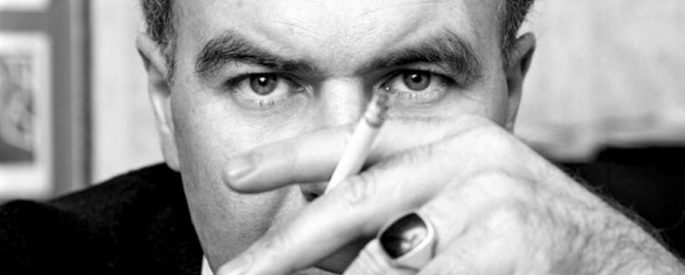
Two years before his death from lung cancer, Carver wrote a story fictionalizing the death of Anton Chekov, from tuberculosis.
Frame Stories and the Passage of Time
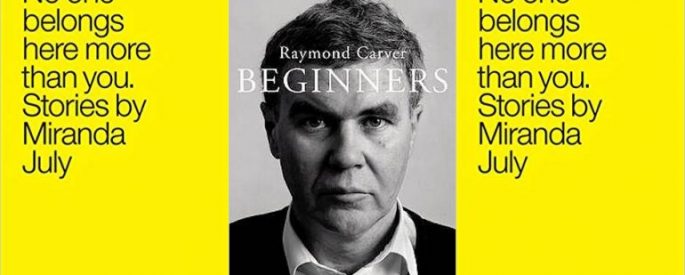
If one purpose of a frame story in a novel is to prime the reader to listen to what might be a long or meandering tale, what’s the purpose of a frame in a short story?
The Othering Power of Fatness

Although Raymond Carver’s “Fat” was written several decades ago, fat people are still often limited to existing and being written as metaphor and spectacle—fatness is a trope, a qualifier, a literary device. Fat characters are fat first.
Fiction Responding to Fiction: D.H. Lawrence and Raymond Carver
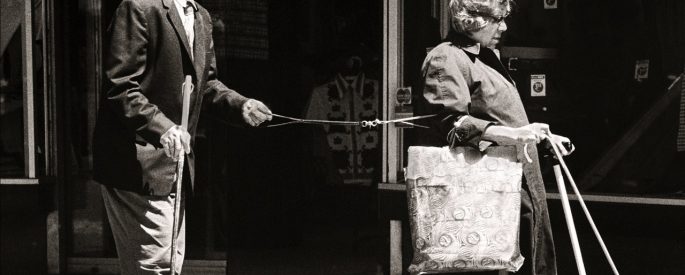
Raymond Carver insisted that his iconic masterpiece “Cathedral” was not based on a lesser-known D.H. Lawrence story entitled “The Blind Man,” and that he had not read the story prior to writing “Cathedral."
Raymond Carver, Gordon Lish, and the Editor as Enabler
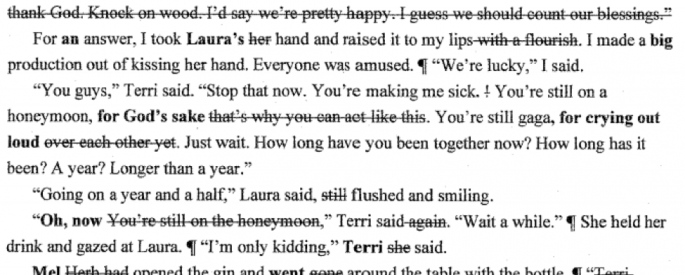
As the story goes, most of what American readers love about Raymond Carver is not the work of Carver at all.
Fiction Responding to Fiction: John Cheever and Raymond Carver
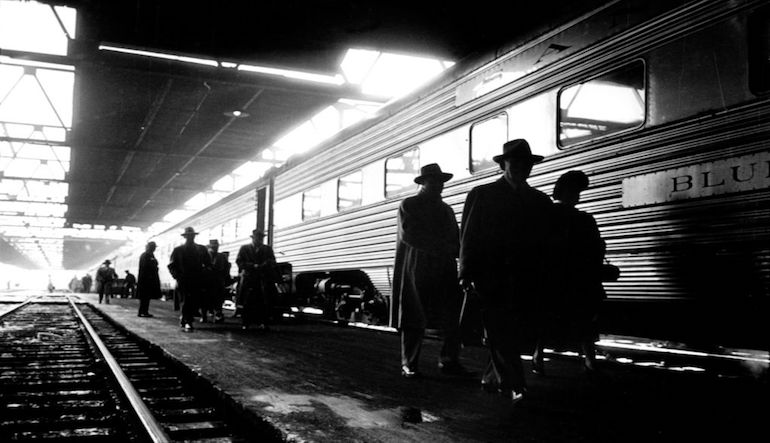
In 1983, Raymond Carver included “The Train” in his collection Cathedral; he dedicated the story to John Cheever. and from the first words of the story, where one of the characters from a Cheever story is named, we see that Carver’s story will be responding to Cheever’s classic tale.
Fiction Responding to Fiction: Raymond Carver and Jonathan Durbin

Raymond Carver’s “What We Talk About When We Talk About Love,” is the classic titular story in his collection published in 1981. The original story, entitled “Beginners” was famously edited by Gordon Lish, and it is longer, containing more hope and introspection.
The Best Short Story I Read in a Lit Mag This Week: “Thank You For the _______” by Becky Adnot-Haynes
Some stories get their complexity from the weaving of plot twists, some from the myriad of possible outcomes facing a character making a tough decision. Some—Raymond Carver’s “Fat” for instance—gain their complexity by the layering of different stories on top of each other. Becky Adnot-Haynes, in “Thank You For
What’s Done is Done is Done Again

As a creative writing instructor, I get asked two questions more than any others. The first is easy enough to answer: “How do I find time to write?” There’s no secret here—set a schedule and get to your desk. The second question, however, continues to stump me, both as a
Back to School Special: Thoughtful Imitation

I didn’t study creative writing as an undergraduate; it wasn’t an option. When I enrolled in the MFA program at University of Washington, what I craved more than workshop (which I’d experienced a few times in continuing education settings) was the elusive “craft” class: reading analytically not to